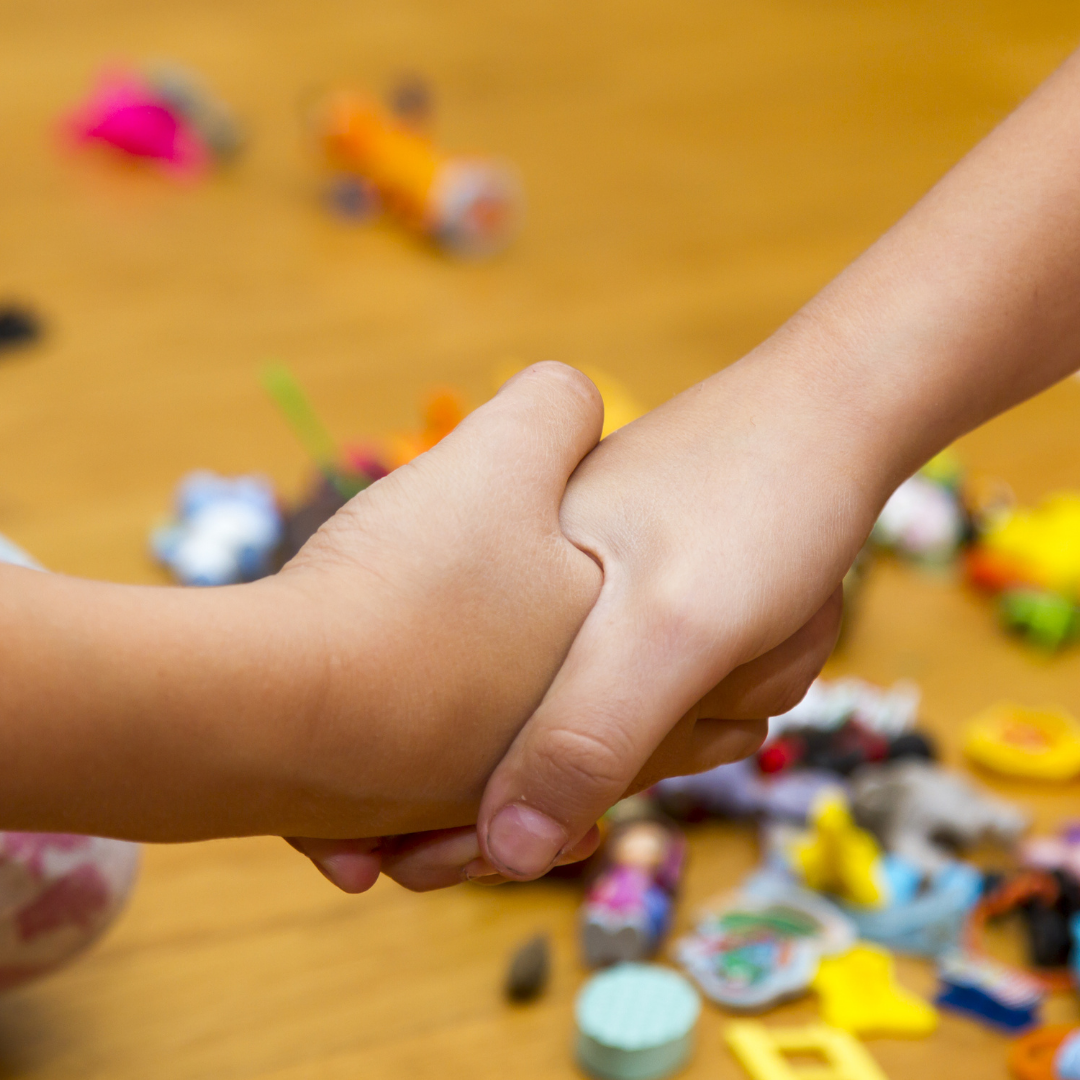Be active
What we know- Around 7% of children who exercise most days or every day have low well-being.
What you can do - Children need a range of opportunities to be active, both in and outdoors. These can be as straightforward as walking, running, skipping, cycling or swimming, all of which are great at improving strength, balance, fitness and concentration. Group sports are also good for enhancing self-confidence and cooperation and can help support new friendships outside of school.
Be creative and play
What we know - Only 7% of children who learn new things for fun (like music, languages, art or drama) most days or every day have low well-being.
What you can do - Children are naturally imaginative and creative. Sadly, as they get older, it’s easy for children to lose these abilities. This is why it’s vital that they’re encouraged to continue with some form of creative activity. Magic shows, storytelling, collage making, poetry reading, and visiting some of the wonderful museums and galleries we have locally.
Learning
What we know - Just 7% of children who read for fun most days or every day have low well-being
What you can do - It’s crucial that we try to keep as many learning avenues open for our children as possible. This could include simply passing on the skills we may have, such as cooking, carpentry, DIY, model making or sewing.
Take notice
What we know - Just 5% of children who notice and enjoy their surroundings most days or every day report low well-being.
What you can do - We shouldn’t underestimate how differently children see and interact with the world around them. Their surroundings have a real impact on their well-being. These could include farms, forests, the coast, even different parts of a city can all help them to enjoy a more varied environment.
Finally, encouraging children to pay attention to their feelings and showing them how to process their emotions in a positive way is probably one of the most valuable lessons you can pass on to your children. Valuing children's thoughts and ideas is one of the sure ways of helping them to make real changes in their lives.
* data from New Economics Foundation
You must consent to the use of 3rd Party cookies to view this content.

